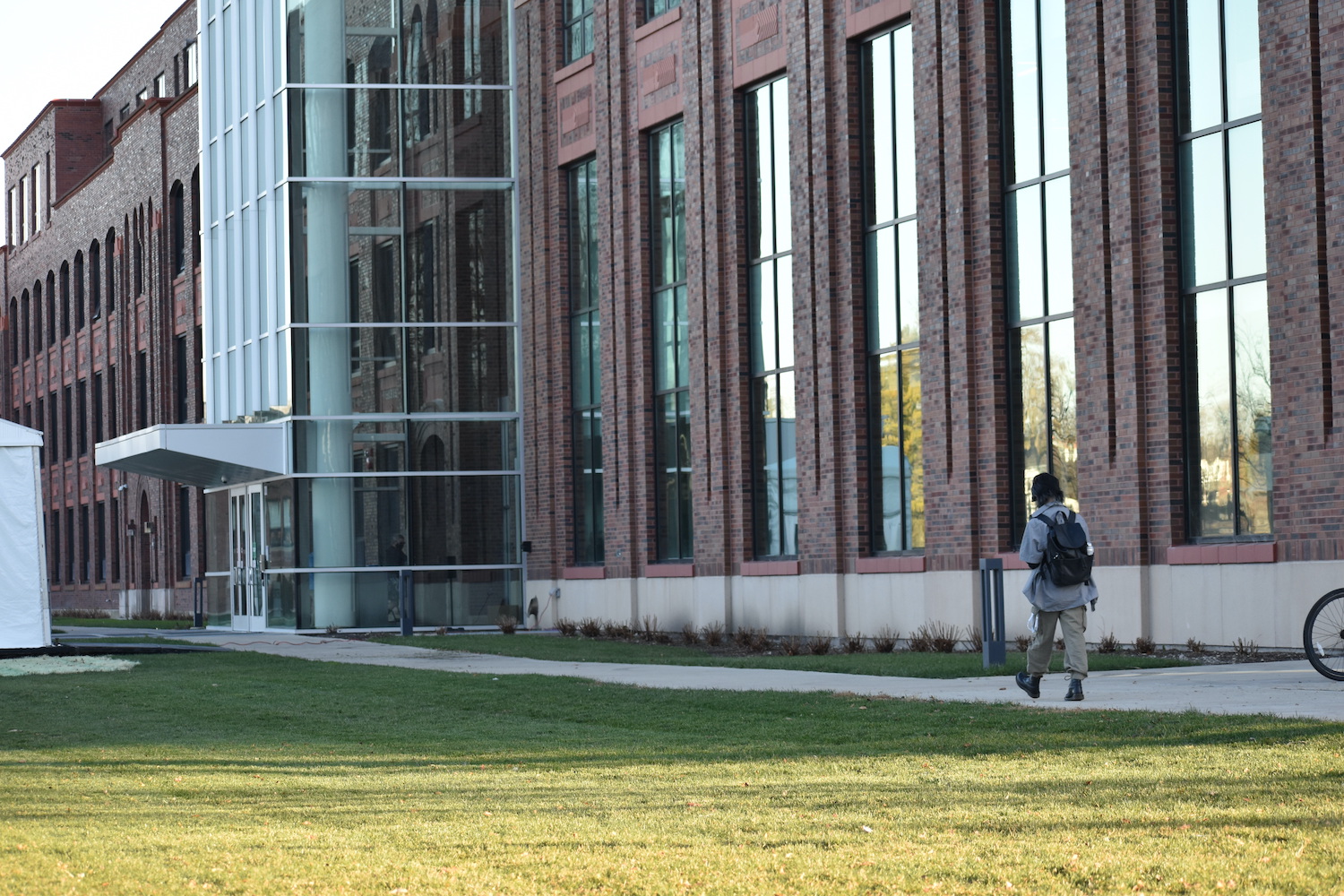
Committee formed to take on increased absences at New Trier High School
About 800 New Trier High School students have missed more than 10 percent of classes this year
In the face of a surge in chronic student absenteeism, New Trier High School officials say they are developing a plan that will not only keep students in school but also pinpoint why so many are consistently out of it.
An update on the school’s plans to combat student absences was presented to the board of education at its regular meeting on Monday, May 15.
The issue was introduced to the board in February, when school administrators reported that more than a quarter (25.6%) of the student population has missed at least 10 percent of school this school year (as of Feb. 10). And for seniors, that number was nearly 40 percent (37.9%, or 372 students).
Since then, Dr. Joanne Panopoulos, assistant superintendent for special education and student services, said an attendance committee of 18 faculty members and administrators was formed to develop a plan to address the issue.
She said New Trier is not alone in dealing with an increase in chronic absenteeism, which is defined by the state as missing at least 10 percent of school days.
Panopoulos reported that 800 students (21.5%) have missed 10 percent of school — an improvement since the February report — while 200 students have missed at least 20 percent.
“(Attendance rates) were dropping before COVID, and schools are taking on the challenge now to really think about how we can increase student attendance, stressing students to attend on a more regular basis now that schools are all in person, and really re-establishing the student sense of belonging,” Panopoulos said.
While the action plan is still in development, New Trier’s Northfield Asst. Principal Gail Gamrath shared insight on what it may include, such as a new attendance handbook, which would be a supplement to New Trier’s existing student handbook. Gamrath said it will be ready by August for distribution to students and families.
“What is our plan, what are the procedures, what’s the family’s role, what’s the school’s role, and how do we all work together?” are questions that handbook will answer, Gamrath said.
Additionally, the district wants to focus on intervention with students who are chronically absent. Starting in the fall, New Trier will introduce graduating-class teams, which include an assistant principal and adviser chairs for every graduating class, in addition to student services staff, and Gamrath said the new teams will play a major role in finding out not only the causes of chronic absenteeism, but also how to get students caught up.
Gamrath referred to it as creating an “attendance success plan,” which will include parent involvement in addition to students checking in with staff on their progress.
She also said student accountability is being discussed as part of the plan.
“Depending on the amount of absences, should they be included in some of the things that are leadership-type activities; maybe extracurricular participation?” Gamrath said. “Do they need restrictive free periods if they’re unable to make up work? Should they be going on field trips if they have those really high absence rates because of all the missed instruction they are having?”
But she also said that the committee is looking at students who are not chronically absent. According to Gamrath, more than 100 students have not missed a single day of school this year.
“I think we also need to look at those students about why they don’t want to miss school (and) why they are here engaged,” she said. “So, celebrating those students and having some encouragement and programs put into place to encourage good attendance.”
Gamrath also echoed Panopoulos’ comment about creating a culture of belonging in school so that students will want to attend.
In response to board questions, Gamrath said “there’s a different story behind each of our students and their situation” and stressed the importance of communication, particularly meeting with students and parents to find out why students aren’t coming to school so they can figure out a plan for that student.
The Record is a nonprofit, nonpartisan community newsroom that relies on reader support to fuel its independent local journalism.
Become a member of The Record to fund responsible news coverage for your community.
Already a member? You can make a tax-deductible donation at any time.

Peter Kaspari
Peter Kaspari is a blogger and a freelance reporter. A 10-year veteran of journalism, he has written for newspapers in both Iowa and Illinois, including spending multiple years covering crime and courts. Most recently, he served as the editor for The Lake Forest Leader. Peter is also a longtime resident of Wilmette and New Trier High School alumnus.


